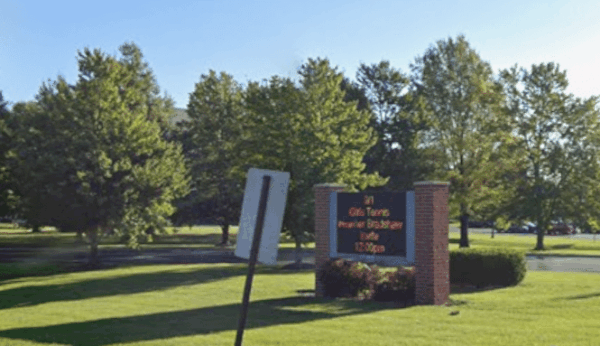
A former assistant principal at Edwardsville High School, located at 6161 Center Grove Rd, Edwardsville, IL 62025, Erin Hamilton-Foley, has been convicted of aggravated criminal sexual abuse. The 53-year-old pleaded guilty to the charge on Monday in Madison County court and received a four-year prison sentence, according to a report by First Alert 4.
The case stems from an incident involving a 17-year-old student, which occurred during Hamilton-Foley’s tenure at the high school. She was charged with the offense in May 2023, sparking significant community concern and legal proceedings.
This conviction marks a significant legal resolution in a case that has drawn attention to the responsibilities of educators and the boundaries of trust placed in their care. Hamilton-Foley’s sentence underscores the gravity of the crime and its lasting impact on all parties involved.

When an authority figure like an assistant principal is involved in a case of sexual abuse, families are often left searching for answers and wondering how to respond. To provide clarity, Illinois sexual abuse attorney Erv Nevitt shares his perspective on the legal options available to victims and their families, as well as the responsibilities schools hold in protecting students.
Editor Darla Medina: What legal steps can a student victim take after experiencing abuse by someone in a position of authority, such as an assistant principal?
Attorney Erv Nevitt: Victims in these situations have both criminal and civil options. On the criminal side, the state prosecutes the offender, as we’ve seen in the case of Erin Hamilton-Foley. But victims can also pursue civil claims against the perpetrator or even the institution if there’s evidence that the school failed to properly address red flags or protect students.
Medina: What role does the institution play in these cases?
Nevitt: Schools have a duty to safeguard students. If there’s negligence—whether it’s ignoring complaints, failing to conduct thorough background checks, or not enforcing policies—victims can hold them accountable. It’s not just about punishment; civil suits can provide resources for therapy and recovery while sending a message that these failures won’t be tolerated.
Medina: What’s your advice to families who suspect abuse?
Nevitt: Speak up immediately. Report the matter to law enforcement, school administration, and seek legal counsel as soon as possible. The earlier these cases are addressed, the better the chance of protecting others and securing justice for the victim.
Victims and their families don’t have to face this battle alone. If you or someone you love has been impacted by abuse, legal support is available. Contact us today for a free consultation to discuss your options and begin the process of holding those responsible accountable. Your voice matters, and we’re here to stand with you.
 info@legalherald.com
info@legalherald.com